Can Solar Panels Survive a Hurricane in Florida?
Many Florida residents are interested in switching to solar power, but with the constant threat of hurricanes, is it worth it? Are solar panels hurricane-proof, or will your new system be wiped out during a storm? Below, we’ll discuss these common concerns and how you can help protect your solar investment against these forces of nature.
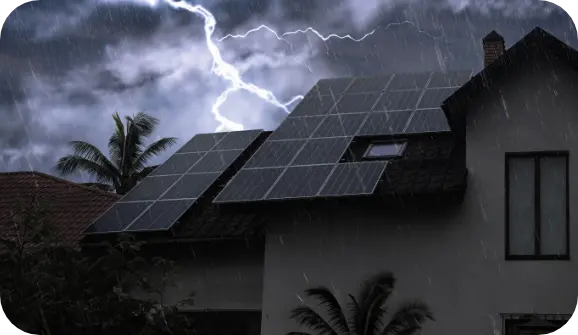
How Professional Installers Help Protect Solar Panels From Hurricanes
Hiring a professional installer is crucial for protecting your solar panels in a Florida hurricane. With their expertise and experience, they implement proactive measures that increase the resilience and durability of solar panels in hurricane-prone areas. Here’s how.
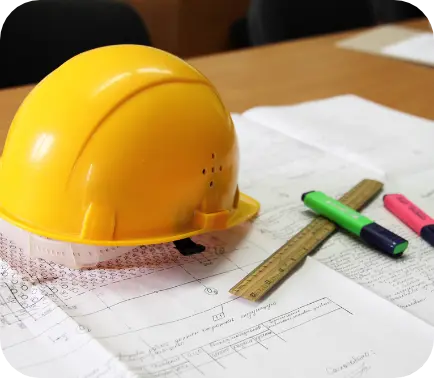
Adhering to Building Codes and Regulations
Solar installers are familiar with and follow local building codes and regulations. This is especially helpful in areas of Florida that are more likely to get hurricanes because these codes often include specific guidelines for constructing and installing solar panel systems to withstand high winds and severe weather. Following these standards ensures installations are structurally sound and safe during intense wind, water, and flying debris associated with hurricanes.
Customized Systems
Typical solar installations may not be enough in hurricane-prone areas. Installers can design customized systems tailored to withstand the issues caused by hurricanes. These systems often include reinforced mounting structures, strong anchoring systems, and other components to secure your solar system.
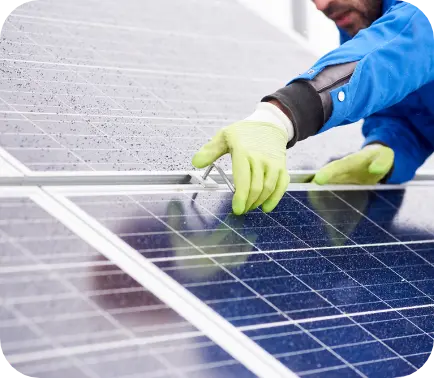
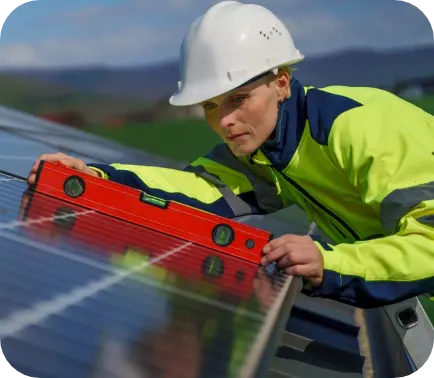
Strategic Placement
A solar installer will determine the best spot on your roof for your solar systems to maximize power generation while minimizing the risk of it blowing off your roof. To reduce the risk of uplift, your installer will likely suggest keeping panels away from the roof’s edge.
Roof Inspection
Before installation, solar installers conduct a roof inspection to assess its condition for mounting a system. This inspection helps identify any issues, such as roof leaks or structural faults, that could cause problems when it comes to installation. By addressing these conditions beforehand, installers ensure they can mount the panels safely and securely and keep solar panels safe during hurricanes.
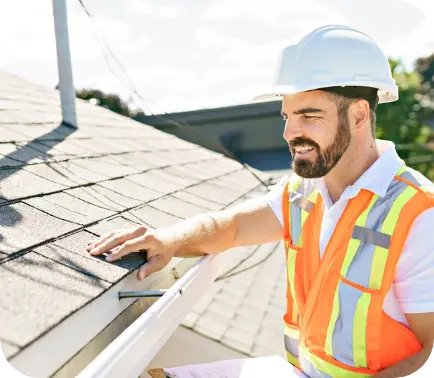
High-Quality Equipment
Professional installers use high-quality solar equipment known for its durability and reliability. Every part of the system is designed to withstand hurricanes, from solar panels and inverters to mounting hardware and electrical components. Your solar installation will be built to last, even when faced with harsh weather.
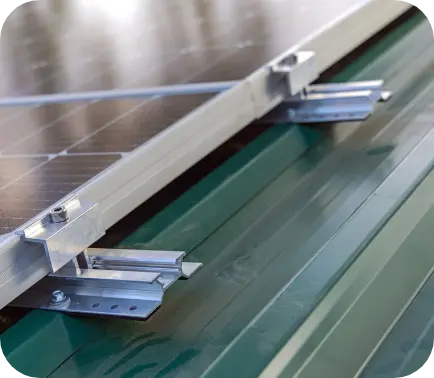
Secure Mounting Systems
One of the most important ways to protect solar panels from Florida hurricanes is to mount them properly. Professional installers use special hardware and techniques to reinforce the mounting structure, which provides an extra layer of protection against potential damage.
Ongoing Support
Many installation companies provide ongoing maintenance to ensure your panels’ durability. This may include regular inspections to detect signs of damage, address system vulnerabilities, and complete repairs after a hurricane. Speak with your installation company to learn more about their maintenance and support offerings.
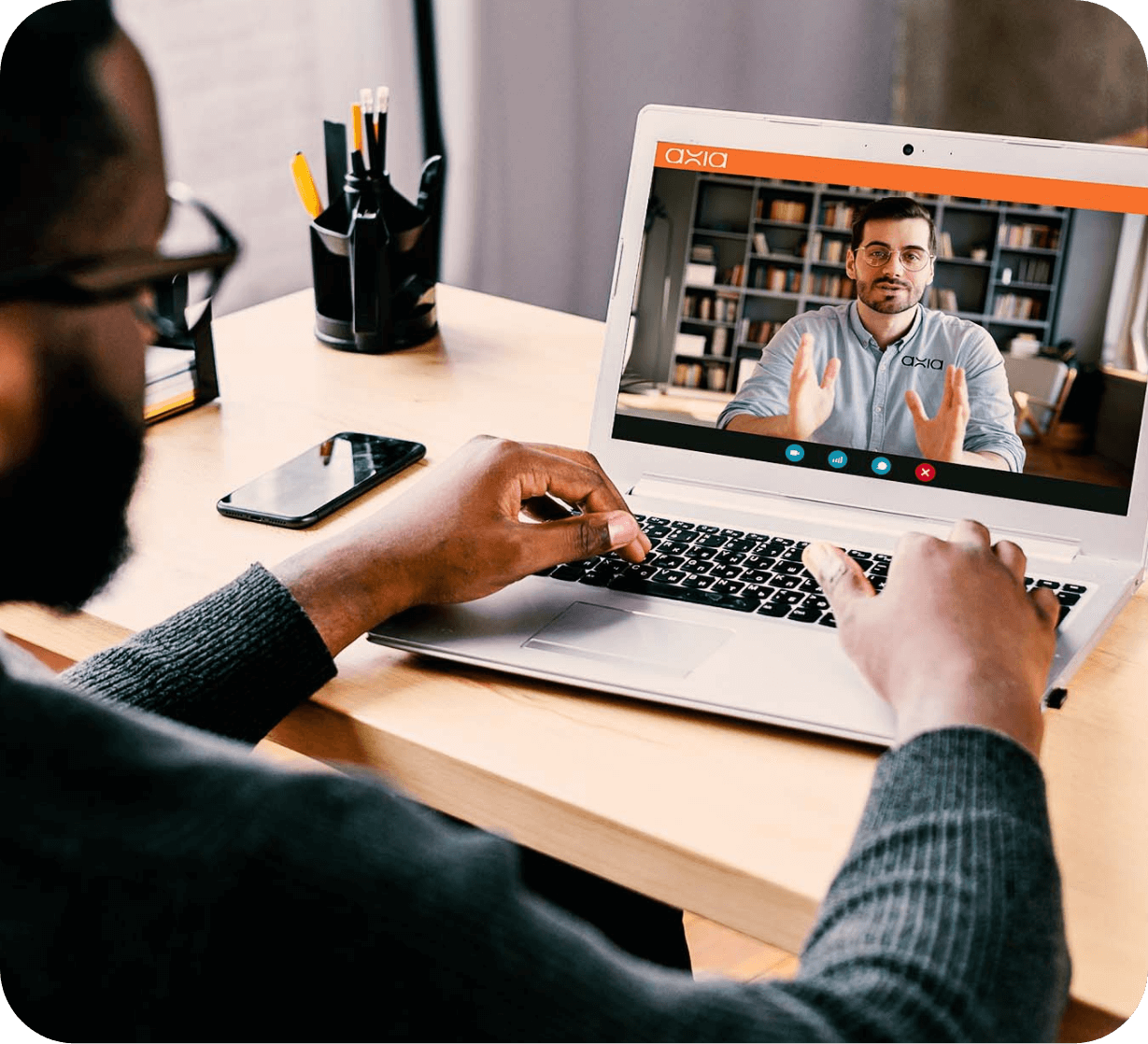
Protecting Your Solar Investment
Protecting your solar investment is a major concern in hurricane-prone regions of Florida. Below, we’ll discuss how homeowners can reduce risks and protect their systems.
Are Solar Panels Hurricane-Proof?
Solar panels are very durable but can still be damaged by the high winds and flying debris caused by hurricanes. In Florida, different areas face varying levels of risk. Coastal cities, like Miami and Tampa Bay, are more susceptible to high winds and flooding. Inland areas may experience less severe damage but are still vulnerable to strong winds and heavy rain.
How to Prevent Damage to Solar Panels by Hurricanes
You can take several measures to prevent panel damage during a hurricane. First, hire a certified installer to ensure your panels are mounted securely and withstand high winds. Perform regular cleaning, maintenance, and inspections to identify issues before it’s too late. Secure loose objects around the panels to further reduce the possibility of damage during a storm.
What to Do With Solar After a Hurricane
After a hurricane, carefully examine your system. If they’ve been severely damaged, contact a licensed solar company to evaluate the extent of the damage. Do not touch damaged solar panels or wiring because they can cause injury and electric shock. Prioritize your safety and let professionals assess and address issues with your system.
Ready to Electrify Your Life?
While hurricanes have the potential to damage solar panels, you can make them more secure with the help of a certified solar company. Axia by Qcells is a trusted partner in solar installations, offering high-quality technology and expert installation services that can withstand Florida’s tropical storms. Contact us today to discover how we can help protect your solar investment and provide you with reliable renewable energy.